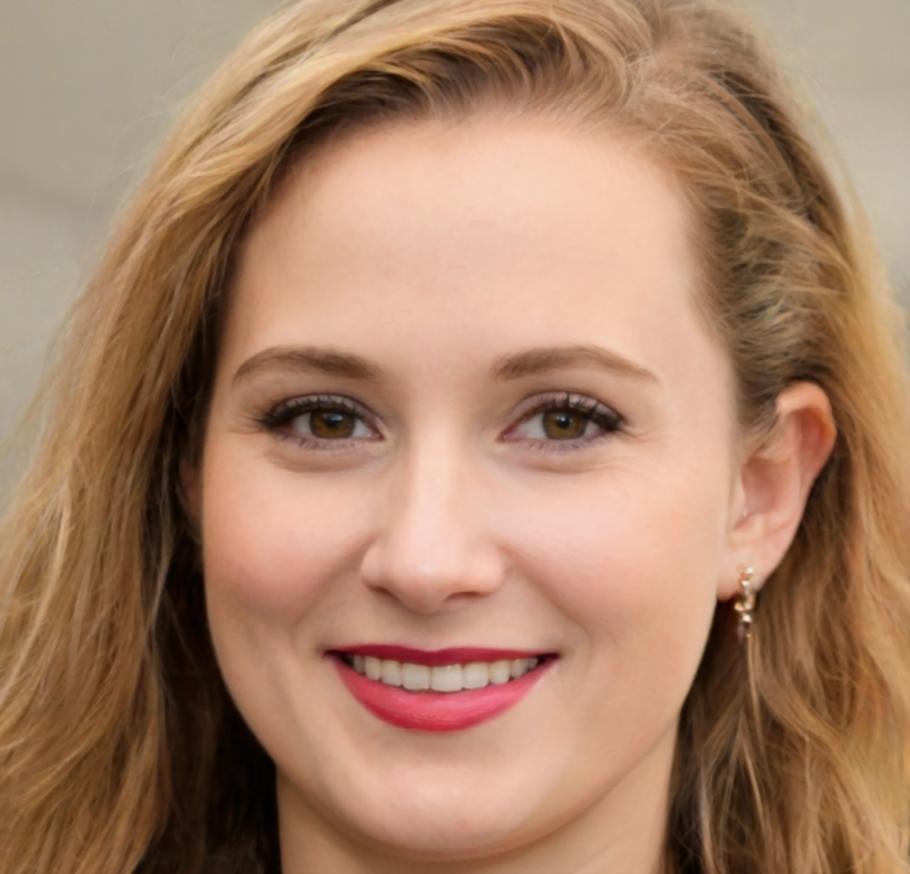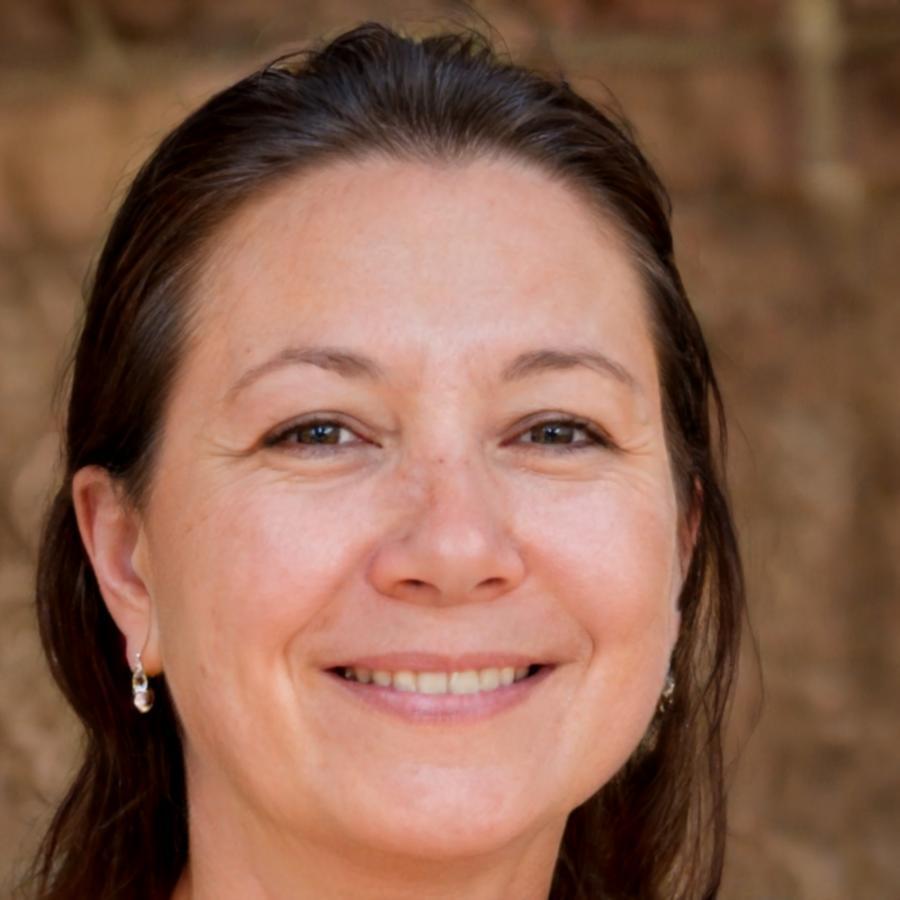Build Your Working Capital Analysis Skills at Your Own Pace
We've spent years helping businesses figure out their cash flow puzzles. Now we're sharing those same frameworks in a program that adapts to how you actually learn—whether that's deep dives on weekends or quick sessions during lunch breaks.
Three Ways to Learn, One Comprehensive Curriculum
Not everyone learns the same way. Some people need structure and deadlines. Others work best when they can explore topics in their own order. We built our program around this reality instead of fighting it.
Structured Track
Weekly live sessions with direct instructor access. Best for those who want real-time feedback and thrive on scheduled commitments. Classes meet Tuesday and Thursday evenings starting September 16, 2025.
Self-Paced Track
Complete modules whenever your schedule allows. Same content, same assessments, but you control the timeline. Most students finish within 4-6 months depending on their availability.
Hybrid Approach
Mix recorded content with monthly group workshops. Popular with professionals who travel frequently or have unpredictable schedules but still want some face-to-face interaction.

What Happens After You Graduate
We tracked alumni for 18 months after program completion. Here's what we learned about how skills actually develop in real work environments.
Early Application Phase
Most graduates start by applying basic ratio analysis to their current role. Maya from our 2024 cohort identified a 45-day gap in her company's receivables cycle within her first month—something three previous analysts had missed.
Confidence Building
This is when people start suggesting process improvements. Graduates report feeling comfortable challenging assumptions in meetings and proposing alternative analysis methods. It's also when many start mentoring newer team members.
Strategic Integration
By this point, the frameworks become second nature. Graduates tell us they catch potential cash flow issues months before they become critical. Several have moved into analyst or advisory roles specifically because of demonstrated working capital expertise.
Advanced Practice
Long-term outcomes vary widely. Some graduates use the skills daily in financial roles. Others apply the concepts to their own business ventures. What's consistent is the ability to quickly assess financial health and identify operational inefficiencies.
Learn From People Who've Done the Work
Our instructors aren't just teachers. They're practitioners who still consult with businesses on working capital challenges. That means you get current insights, not textbook theory from 2018.

Sienna Pembroke
Spent 11 years helping manufacturing companies optimize their cash conversion cycles. She developed our core curriculum based on patterns she saw across 200+ client engagements. Known for breaking down complex concepts into digestible frameworks.

Nadia Varlow
Runs the practical analysis sessions where students work through real company scenarios. Her background is in turnaround consulting, so she's seen what happens when working capital management goes wrong. Students appreciate her direct feedback style.